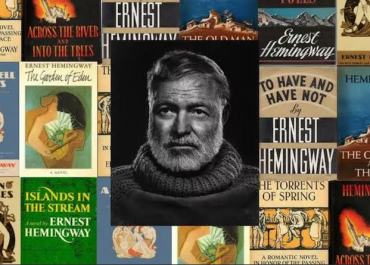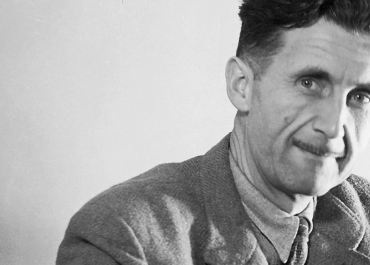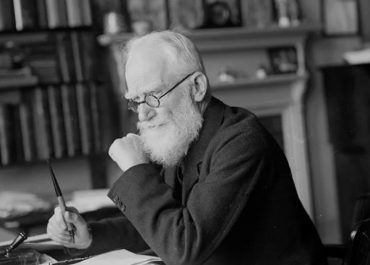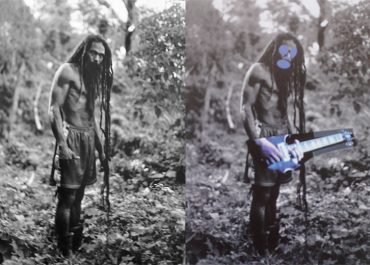
Berne Convention
Authorship confirmation generated with UDIAR is valid in all countries that signed the Berne Convention.
The Berne Convention, which was adopted in 1886, deals with the protection of works and the rights of their authors. It provides creators such as musicians, poets, painters etc. with the means to control how, by whom and under what conditions their works are used. It is based on three basic principles and contains a number of provisions determining the minimum protection to be granted.
According to the convention the rights that must be recognized as exclusive rights of authorization are:
- the right to translate,
- the right to make adaptations and arrangements of the work,
- the right to perform in public dramatic, dramatico-musical and musical works,
- the right to recite literary works in public,
- the right to communicate to the public the performance of such works,
- the right to broadcast,
- the right to make reproductions in any manner or form,
- the right to use the work as a basis for an audiovisual work.
The Berne Convention still remains a key international copyright agreement. Currently administered by the World Intellectual Property Organization.
Information taken from the oficial website of WIPO https://www.wipo.int/











